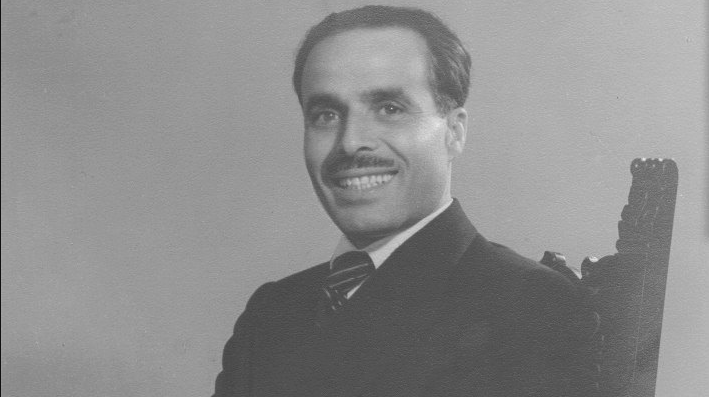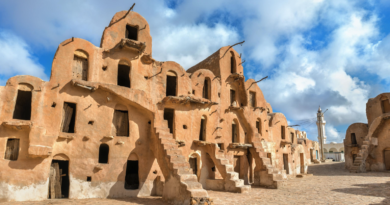Tunisia’s president who changed the Maghreb
Habib Bourguiba was a Tunisian lawyer, statesman, and independence leader who was instrumental in securing Tunisia’s independence from France in 1956. He served as the first President of Tunisia from 1957 until 1987, when he was removed from power in a bloodless coup.
Bourguiba’s legacy is significant, both in Tunisia and beyond. He was a passionate advocate for modernization and reform, and he worked tirelessly to advance women’s rights, education, and economic development. Under his leadership, Tunisia became known as one of the most progressive and forward-thinking countries in the region.
I am realistic. To be realistic is to prefer a modest reform which allows another, rather than an impossible miracle.
Habib Bourguiba
One of Bourguiba’s most enduring legacies is his role in promoting women’s rights. He was a vocal advocate for women’s education and pushed for the abolition of traditional practices such as polygamy and the veil. Bourguiba was also responsible for the passage of the Code of Personal Status in 1956, which was one of the most progressive family laws in the region at the time. The law gave women unprecedented rights, including the ability to file for divorce and to inherit property.
Bourguiba was also committed to modernizing Tunisia’s economy and infrastructure. He launched a series of ambitious development projects, including the construction of new cities and the expansion of the country’s transportation network. Under his leadership, Tunisia’s economy grew rapidly, and the country became a model for economic development in the region.
Yes, I am Western, and I will remain so.
Habib Bourguiba
Despite Bourguiba’s many achievements, his legacy has been complicated by his authoritarian style of governance. He was known for his tendency to suppress political dissent and to maintain tight control over the media. This led to growing discontent among Tunisians, and in 1987, he was removed from power by his own Prime Minister, Zine El Abidine Ben Ali.
Today, Tunisia is still grappling with the legacy of Bourguiba’s rule. The country has experienced significant political instability in the years since Bourguiba’s ouster, with a series of democratic transitions and setbacks. In 2011, Tunisia was at the forefront of the Arab Spring, as mass protests forced Ben Ali to flee the country. Since then, the country has made significant strides towards democracy, including the adoption of a new constitution and the holding of free and fair elections.
I hate colonialism, not the French.
Habib Bourguiba
However, Tunisia still faces significant challenges. The country’s economy has struggled to recover from the disruptions caused by the revolution, and there are deep-seated social and economic inequalities that continue to fuel unrest. In recent years, Tunisia has also been plagued by political gridlock and a rising tide of extremism.
Despite these challenges, Habib Bourguiba’s legacy remains an important touchstone for Tunisians. His commitment to modernization and progressivism, as well as his role in advancing women’s rights, continue to inspire many in Tunisia and beyond. As the country moves forward, it will be important to draw on this legacy in order to build a more democratic, prosperous, and just society.
The relationship between a woman and a man is built on the basis of mutual respect .. The woman is not required to bury herself in life because the man is unable to control his instincts like animals .. The woman raises the man’s face, hair, height, width, smell, and even the voice of her is roughened, but the woman has learned to control her instincts. The man is also required to rise to the level of the woman.
Habib Bourguiba



